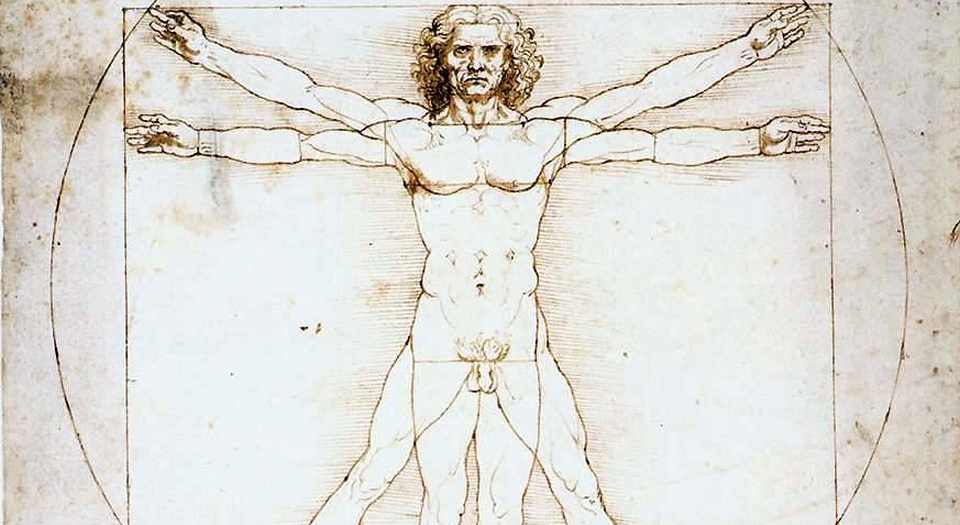Does man make history, or does history make man?
ESSAY: Marx’s understanding of the relationship between man and history has been completely warped by increasingly deterministic Marxists.

At The Academy organised by the Institute of Ideas in July this year, Professor Frank Furedi gave a lecture about Marx and historical determinism. An edited version of his lecture is published below
When we look at important thinkers and their contribution, quite often the problems they leave behind are as important as the problems they tried to solve. Consider Kant. What Kant did was pose what he sees as an almost insurmountable difference between ‘is’ and ‘ought’, what is and what ought to occur. But he leaves the fundamental question to us; I don’t think he particularly resolves it; it’s a problem that moral thinking needs to engage with in all of its different dimensions. Similarly with Marx, he looks at a question in a lot of detail and he looks at the dialectical relation between the particular and the universal, but also between subject and object, and between freedom and determinism. He poses those issues in an extremely clear and concise way – but I will go on to suggest that there are some problems that are left for future generations to deal with.
I find discussing Marx really difficult in an academic and intellectual environment, for the very simple reason that there is a vast corpus of material that has been written about Marx over the past century. I find that the majority of the material about Marx really says much more about the writers’ agendas and their own intellectual interests than about what Marx himself was trying to do. It also rarely places Marx within the body of thinking that evolves in the early nineteenth century and which becomes part and parcel of that very last phase of the historical Enlightenment.
When Marx is approached through this body of work, it is very easy to develop the wrong impression. Consequently, some of the most basic concepts that people use in relation to Marx are highly problematic. There is, for instance, a tendency to think that Marx represents the social, as opposed to other thinkers who are interested in the individual. Yet such an idea – the social – is actually alien to Marx’s own thinking. I think if there is one thing I would like to do before I drop dead, it is to begin to interrogate very, very seriously the concept of the social. Because when that concept is probed more deeply, it becomes apparent that it is both ahistorical and undialectical. And, in our time, it is used as a weapon with which to beat subjectivity and the role of the individual. That is the main accomplishment of the concept of the social.
My own starting point in relation to Marx allowed me to approach his work through what went on before him and what happened during his lifetime. For there was a time in my life when I studied Marx, immersed myself in his work and – being modest – thought that I had mastered it. But then I did something different. I decided to go back to the beginning of Western intellectual thought, and to situate his work in a far broader context. I have then tried to work out what I see as being his contribution for his time. And I have also tried to work out what are the positive aspects of his legacy for us, as well as his legacy’s limitations.
This is a preview of the November edition of spiked plus, our exclusive ‘magazine within a magazine’ for readers who make invaluable contributions to spiked‘s fundraising drive. To read the rest of the article, sign in, or sign up, to spiked plus here.
To enquire about republishing spiked’s content, a right to reply or to request a correction, please contact the managing editor, Viv Regan.









Comments
Want to join the conversation?
Only spiked supporters and patrons, who donate regularly to us, can comment on our articles.